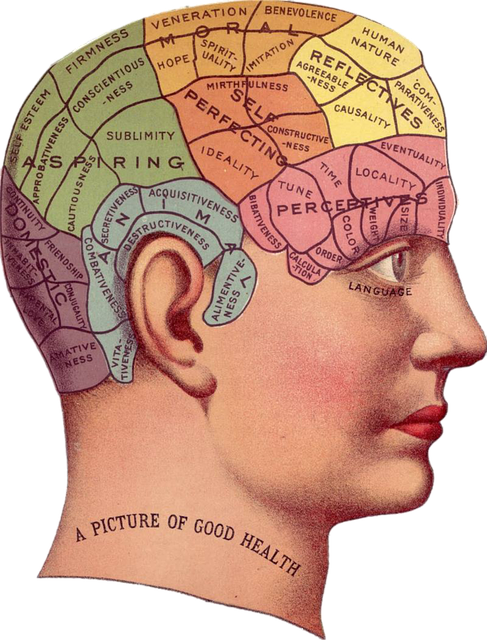19/12/13
.
Watch:
Glossary
- to work your way through – to stay engaged in a task continuously, especially when the task is long-term or difficult
- to go blank – to be unable to recall or think of something
- to impact – to have an influence on something
- acquisition – the process of getting something
- hippocampus – a part of the brain that is important for memory
- amygdale – an almond-shaped brain nucleus at the front of the temporal lobe; it is concerned with memory registration
- to encode (e.g. a message or some information) – to put it into a code or express it in a different form or system of language
- to retrieve (retrieval-n) – to get or bring (something) back from somewhere
- to inhibit – to restrain or prevent
- prefrontal cortex – a part of the brain implicated in a variety of complex behaviors, including planning, and greatly contributes to personality development
- threat – a thing likely to cause damage or danger
- detection – the process of identifying the presence of something hidden
- to prompt – to motivate; to give an incentive for action
- to inject – to use a needle and syringe (= small tube) to put a liquid such as a drug into a body
- sustained – continuing at the same level or rate for a long time
- to overrule – to rule or decide against (an argument, decision, etc); to dominate
- vicious cycle/circle – a negative series of events that build on and reinforce each other
Discuss:
- Has it ever happened to you that your mind went blank during an exam?
- Does stress help one remember things?
- What can you do to turn stress to your advantage according to the video?
- Does exercising help you sleep better?
- What should you do when your mind goes blank at a critical moment?
- What do you do to relieve your stress?
- What was the most stressful time of your life?
Practice Makes Perfect
Fill in the gaps in the sentences below with the correct form of the words in bold. Check your answers here: https://www.youtube.com/watch?v=hyg7lcU4g8E
retrieve vicious cycle overrule encode impact acquire blank
- How does short-term stress ………. your memory for facts?
- ………. is the moment you encounter a new piece of information.
- Once a memory has been ………, it can be remembered, or ……… later.
- The fight/flight/freeze response can ……… the slower, more reasoned thought in a dangerous situation.
- The act of trying to remember can itself be a stressor, leading to a …….. ………… of more corticosteroid release and an even smaller chance of remembering.
- So the next time you find your mind going ………. at a critical moment, take a few deep breaths.
ANSWERS: 1. impact; 2.acquisition; 3. encoded, retrieved; 4. overrule; 6. vicious cycle; 7. blank;
Answer the following questions:
Have you ever felt stuck in a vicious circle?
Have you acquired anything valuable recently?
Are good at detecting lies?
How do you feel about receiving injections?
Have you ever been in a situation that made you feel inhibited?
.
Explore it more to create your own teaching-learning experience!
Easiest Stress-Buster Ever: One Tip That Will Help You Calm Down And Focus
Read:
(969)





